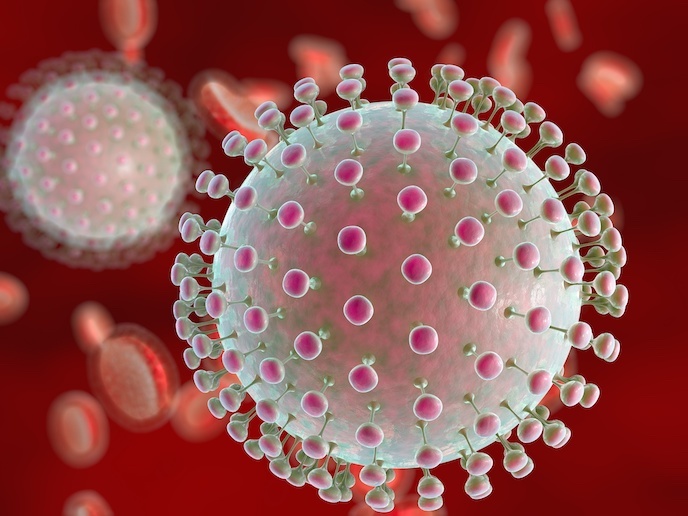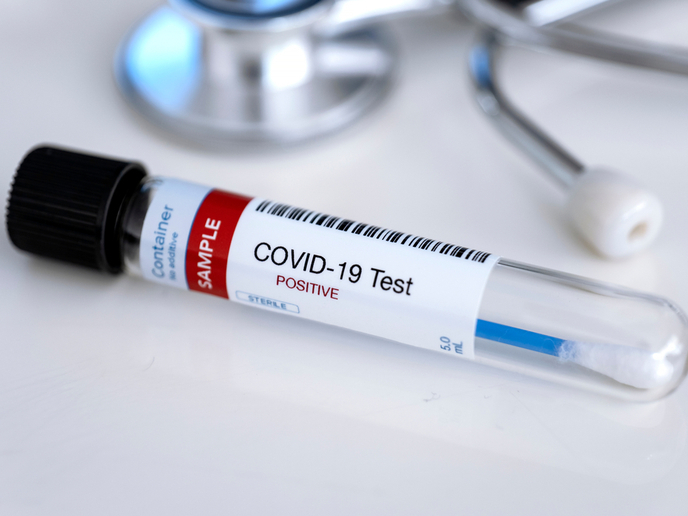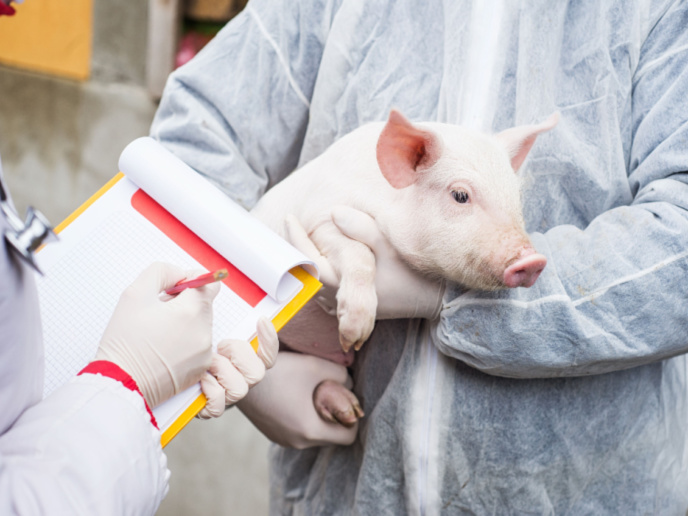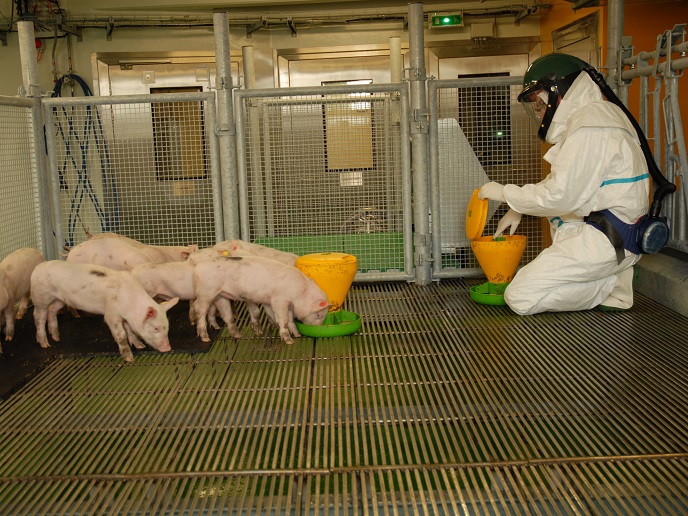A safe, effective and affordable Zika vaccine
Primarily transmitted to people via the bite of an infected Aedes mosquito, the Zika virus has been reported in 87 countries. Yet despite new information on the virus’ incidence, prevalence, and patterns of transmission, no specific treatment or vaccine is available. Without a vaccine, the focus has been on alternative preventive measures. However, such alternative measures are both challenging and only partially effective. As a result, when South America faced a large Zika outbreak in 2016, the World Health Organization (WHO) made developing a Zika vaccine a major priority. Answering the WHO’s call is the EU-funded ZIKAVAX project. “Our aim was to develop a safe, effective and affordable preventive vaccine against infection from the Zika virus,” says Nicola Viebig, chief scientific officer at the European Vaccine Initiative.
Promising results
To achieve this goal, researchers used a vaccine delivery platform technology based on a measles vaccine vector (MV). The platform has demonstrated proof of principle in humans and a preclinical track record of rapid adaptability and effectiveness for a variety of pathogens. To start, researchers successfully screened more than 40 Zika antigens and selected three vaccine candidates for further testing in animal models. The recombinant measles-Zika vaccine candidates (MV-ZIKV) were assessed for immunogenicity and protective efficacy, first in a mouse model and then in a non-human primate (NHP) model of Zika virus infection. Both the mouse and NHP challenge models were further standardised and refined by the ZIKAVAX consortium. “Based on the results, one of the vaccine candidates was selected for evaluation in NHP challenge studies for immunogenicity and efficacy, in comparison to a control vaccine and a first generation MV-ZIKV vaccine,” explains Frédéric Tangy, director of Research at the French National Centre for Scientific Research and head of the Viral Genomics and Vaccination Unit at Paris’ Institut Pasteur. “Following the promising results in the preclinical animal models, the selected vaccine candidate was transitioned to further clinical development,” adds Roger Le Grand, director of the IDMIT research department. The vaccine was produced according to good manufacturing practice and assessed in repeated dose toxicity studies in NHPs. Stability of the vaccine was demonstrated over 24 months, with a first-in-human Phase I clinical trial conducted in Austria to demonstrate the safety and immunogenicity of the MV-ZIKV candidates in 48 adult volunteers. “The Phase I clinical trial data indicated that the vaccine candidate was well tolerated and induced immune responses that are currently being further evaluated,” remarks Katrin Ramsauer, chief scientific officer at www.themisbio.com (Themis Bioscience).
Towards an effective, cost-efficient vaccine
According to Viebig, a lack of relevant animal challenge models has been a major bottleneck for the development of Zika vaccines. “The ZIKAVAX project developed Zika challenge models not only in mice but, more importantly, in NHPs, a species highly relevant for studying Zika virus infections and interventions,” she says. “This represents a major step towards developing a vaccine.” The challenge model developed within the project will be made available to other researchers from the public and private sectors. “This alone will address what has been a major obstacle in the vaccine development process and significantly increases the chances of developing effective vaccines as cost-efficiently as possible,” concludes Viebig.
Keywords
ZIKAVAX, Zika, vaccine, virus, animal model, infection, European Vaccine Initiative, immune, clinical trial







